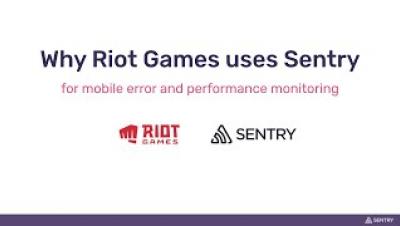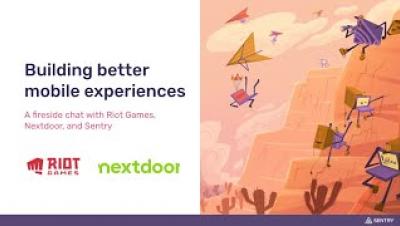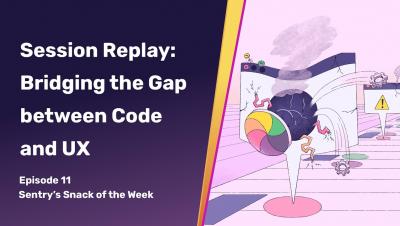Operations | Monitoring | ITSM | DevOps | Cloud
Sentry
Fireside Chat with Nextdoor, Riot, and Sentry Summary | Clips | Building better mobile experiences
Why Riot Games uses Sentry for mobile monitoring | Clips | Building better mobile experiences
AMA: Making Code Performance More Actionable
Building better mobile experiences recording
New Performance Issues | Snack of the Week
Code Mappings and Why They Matter
Code Mappings connect errors to the source code in a repository. And since errors can have paths that are different from the tree structure of the repository, Code Mappings determines the accurate path through a combination of a repository URL and a path transformation. Sentry uses Code Mappings to serve issue context on the issue details page.
Session Replay: Bridging the Gap between Code and UX
Making Performance Monitoring More Actionable with Sentry
How your code performs isn’t a subjective debate. Well, at least not anymore — in the past few months, Sentry has started telling you exactly what’s slow and where to fix it — specifically, N+1 database queries in your code. While we’ve all had to fix an N+1 problem, performance problems come in multiple flavors. Today, you’ll notice more Performance Issues in your issue feed, Slack alerts, and email notifications.











